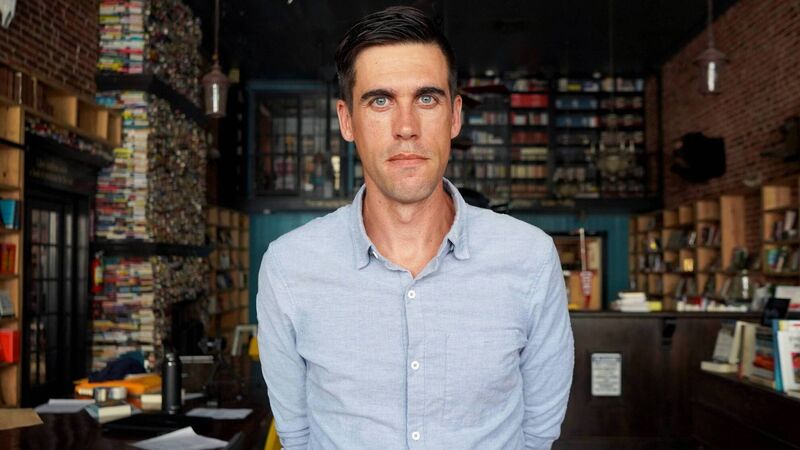Meet Ryan Holiday: The marketer who became the modern godfather of Stoicism

Ryan Holiday writes about ways that Stoicism can help us deal with life’s trials
The ancient Stoic philosophers don’t know it, but their chief marketing officer is an American named Ryan Holiday.
He’s the self-created founder of the modern Stoicism movement, distilling the philosophies of figures such as Marcus Aurelius and Epictetus for people in need of guidance in the 2020s.







